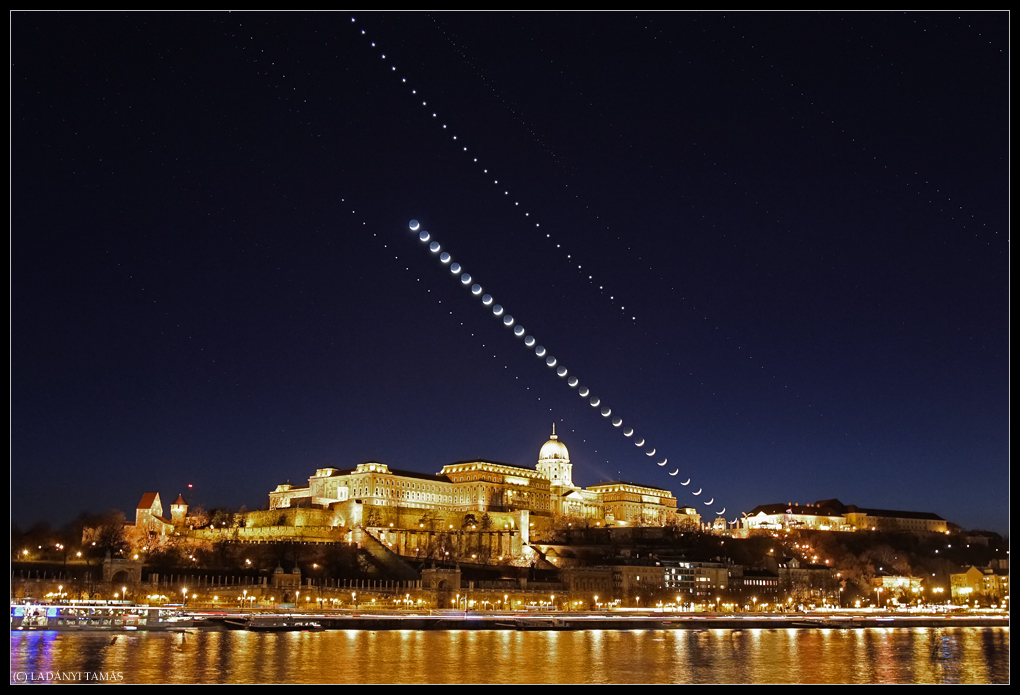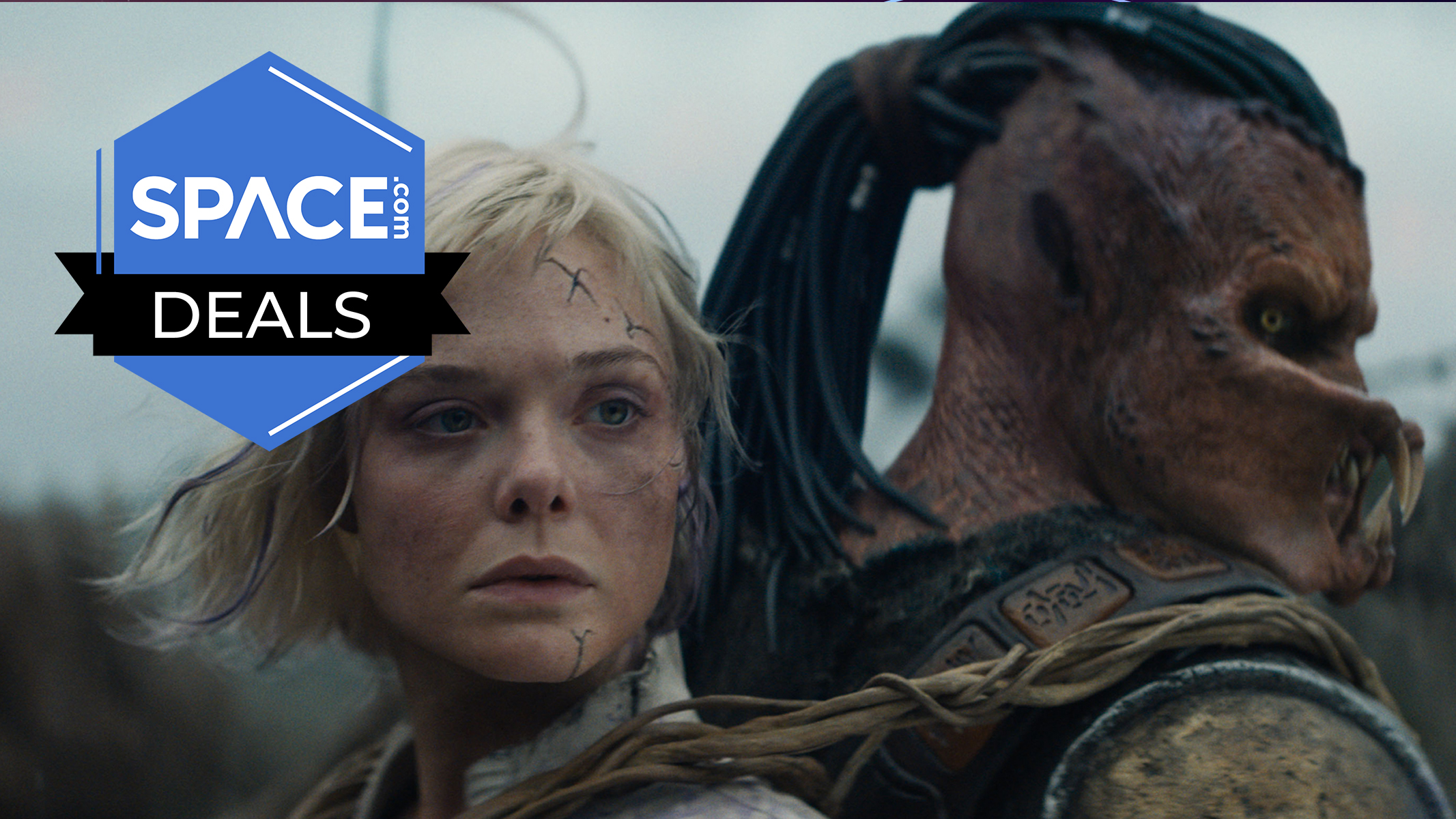Skywatcher Snaps Stunning Celestial Trio Over Budapest Castle

Breaking space news, the latest updates on rocket launches, skywatching events and more!
You are now subscribed
Your newsletter sign-up was successful
Want to add more newsletters?

Delivered daily
Daily Newsletter
Breaking space news, the latest updates on rocket launches, skywatching events and more!

Once a month
Watch This Space
Sign up to our monthly entertainment newsletter to keep up with all our coverage of the latest sci-fi and space movies, tv shows, games and books.

Once a week
Night Sky This Week
Discover this week's must-see night sky events, moon phases, and stunning astrophotos. Sign up for our skywatching newsletter and explore the universe with us!

Twice a month
Strange New Words
Space.com's Sci-Fi Reader's Club. Read a sci-fi short story every month and join a virtual community of fellow science fiction fans!
Jupiter, the moon and Venus align in the night sky over Buda Castle in this skywatcher's image. The three celestial objects formed what is called a conjunction in the sky. A conjunction occurs when two celestial bodies, Venus and Jupiter in this case, appear near each other.
Astrophotographer Tamas Ladanyi of the World at Night took this photo from Budapest, Hungary on March 26, 2012. The orbs look like an arrow in space, with the crescent moon closest to us, Venus on the top right and Jupiter below.
While the two planets have been moving into our view for some time, this is the best conjunction of Venus and Jupiter for a while, according to NASA astronomers. Jupiter, 535 million miles (861 million km) away, is moving further from the Earth’s view and will soon be overshadowed by the glare of the sun. Venus, 67 million miles (108 million km), is still easily visible and can appear as a bright, partially lit disk in small telescopes.
Editor's note: If you have an amazing skywatching photo you'd like to share for a possible story or image gallery, please contact managing editor Tariq Malik at tmalik@space.com.
Follow SPACE.com for the latest in space science and exploration news on Twitter @Spacedotcom and on Facebook.
Breaking space news, the latest updates on rocket launches, skywatching events and more!
Nina Sen is a freelance writer and producer who covered night sky photography and astronomy for Space.com. She began writing and producing content for Space.com in 2011 with a focus on story and image production, as well as amazing space photos captured by NASA telescopes and other missions. Her work also includes coverage of amazing images by astrophotographers that showcase the night sky's beauty.
